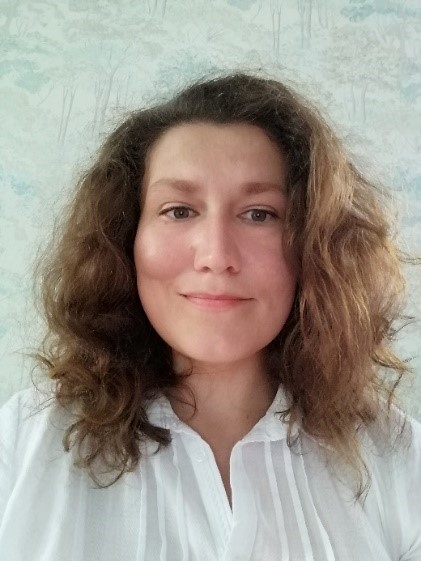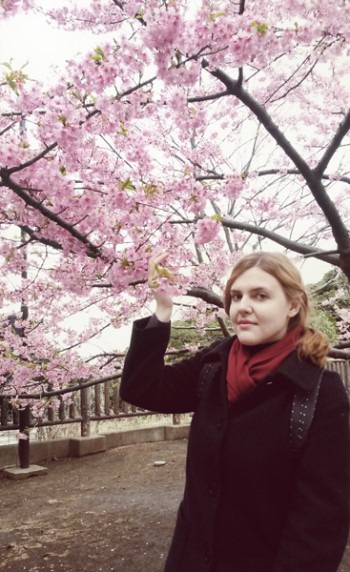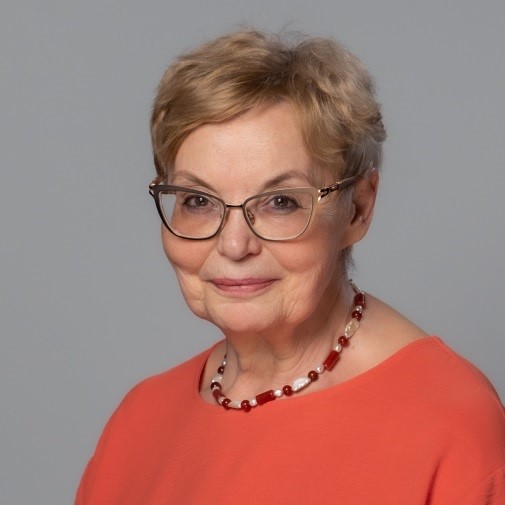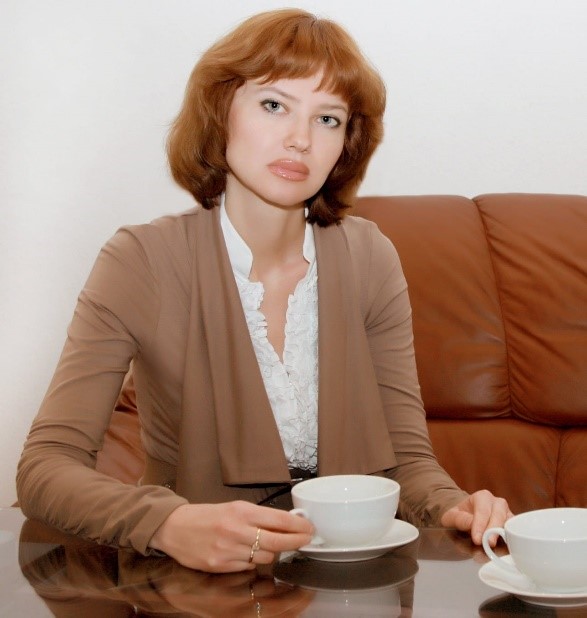Trazanova Natalya Yurievna
 E–mail:¬†ntrazanova@gmail.com
E–mail:¬†ntrazanova@gmail.com
Place of work: Irkutsk State University, Irkutsk, Russia
Academic degree: Candidate of Philological Sciences
Post: Assistant Professor of Oriental Studies Department
Specialty from nomenclature of scientific specialties (Code of Higher Attestation Commission): ¬†10.02.19 ‚Äď Theory of language
Scientific major: axiological linguistics, phraseology and paramiology of Japanese language, semiotics.
Important publications
- Trazanova N. Yu. Paramiology as a specific semiotic space / N. Yu. Trazanova // Semiometry of significant cultural and social senses: science journal / ed. E. F. Serebrennikova. ‚Äď Irkutsk, 2011. ‚Äď P. 260-270.
- Trazanova N. Yu. Axiological parametrization: code and cipher of linguoculture: monography / N. Yu. Trazanova // LAP LAMBERT Academic Publishing, 2012. ‚Äď 300 p.
- Trazanova N. Yu. Riddle as a fragment of a linguocultural code (on the material of Japanese riddles) / / N. Yu. Trazanova // Collection of research papers of the Vth International virtual Scientific and Practical Conference ¬ęRecent issues of Oriental Studies: problems and perspectives¬Ľ. ‚Äď Ussuriisk, 2014. ‚Äď P. 106-111.
- Trazanova N. Yu. Lexicology of Japanese Language: tutorial / N. Yu. Trazanova. ‚Äď The second edition. ‚Äď Irkutsk: Publishing House of ISU. ‚Äď 2017. ‚Äď 87 p.
- Trazanova N. Yu. The core components of gastronomical code in Japanese eating habit: rice and beans (on the material of Japanese paramiology) / N. Yu. Trazanova // Theory and practice of Regional Studies: collection of research papers of the II International Scientific and Practical Conference of Regional Studies, Herzen State Pedagogical University of Russia. ‚Äď St. Petersburg, 2020. ‚Äď P. 439-449.
- Trazanova N. Yu. Modelling of gastronomical code of Japanese linguoculture / N. Yu. Trazanova // Dynamics and statics in understanding of language reality: approaches, phenomena, ways of representation: monography under the general editorship of E.F. Serebrennikova. ‚Äď Irkutsk, Publishing House of ISU, 2021. ‚Äď P. 232-253.
- Ignatieva A., Trazanova N. The concept of kotodama as a fragment of Japanese linguocultural code / A. Ignatieva, N. Trazanova // SHS Web of Conferences. 14th Session of Euro-Asian Law Congress ‚ÄúThe value of law‚ÄĚ 2021. ‚Äď 2022. ‚Äď –°. 00157. DOI 10.1051/shsconf/202213400157.





